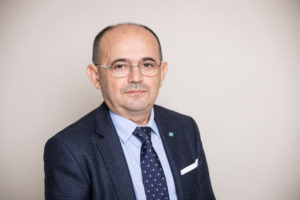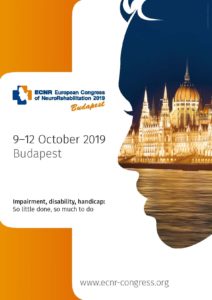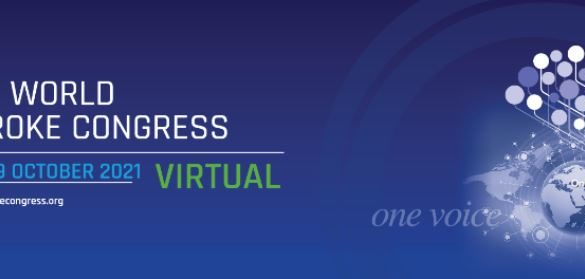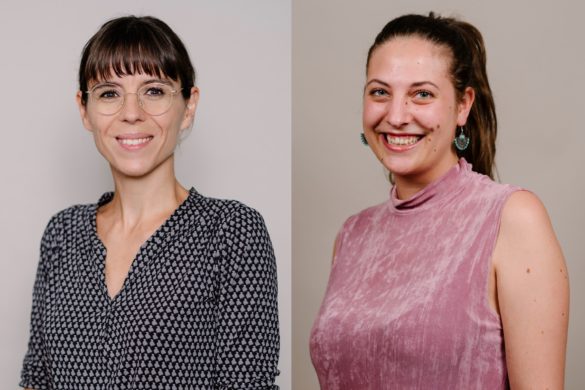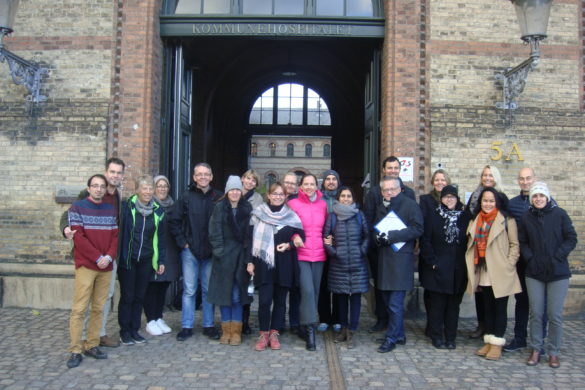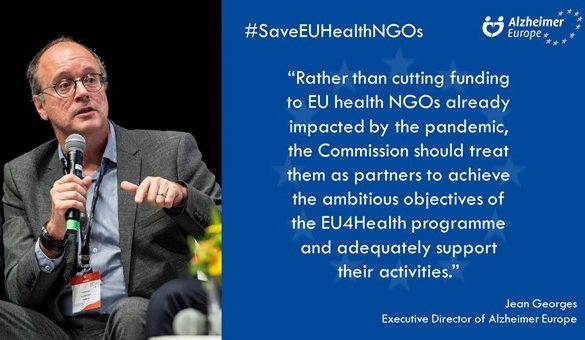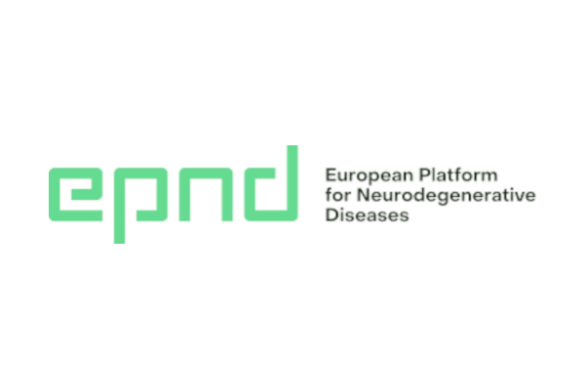By Dafin Muresanu
Dear readers,
In this article, we present an overview of this year’s European Congress of Neurorehabilitation, organized in the beautiful city of Budapest between 9-12 October 2019, hosted by one of our closest partners – the European Federation of Neurorehabilitation Societies (EFNR). The EFNR is an international organization dedicated to research, education, intellectual and scientific exchange, advocacy, and philanthropic activities in the field of neurorehabilitation medicine and related professional areas of expertise.
Over the past 20 years, there has been incredible progress in neuroscience in treating many diseases. This development has been accompanied by the growing interest of neurologists and neurosurgeons in the field of neurorehabilitation. Today it is well known that the prognosis of most neurological diseases depends in particular on the availability and quality of early neurological rehabilitation.
Prof. dr. Dafin F. Muresanu (Romania), the President of the European Federation of Neurorehabilitation Societies, stated that the EFNR is trying to create an environment where physicians and clinical staff from all core specialties of neurorehabilitation may discuss ideas and projects aiming to find ways of improving patient care.
Similar to previous editions of the congress, the ECNR maintains its international reach and participation, organizing over 60 sessions with numerous speakers from all over the world. The congress hosted several guest symposia including with the participation European and international scientific societies such as the World Federation of Neurorehabilitation Societies (WFNR), the European Academy for Neurology (EAN), the World Federation of Neurology (WFN), the World Stroke Organization (WSO), the Hungarian and the Romanian Societies for Neurorehabilitation.
The EAN session was among the most appreciated segments of the congress, with active participation of top-notch international experts. The session was chaired by professor Max J. Hilz (Germany), the Co-Chair of EAN Autonomic nervous system disorders Scientific Panel, and by professor Dafin F. Muresanu (Romania), the Chair of the EAN Communication Committee and member of the Board.
The session started with a brief presentation of the EAN, introducing the audience to its mission, vision, and institutional structure. The first speaker, professor Ettore Beghi from Italy (Co-Chair of the EAN Neuroepidemiology Scientific Panel), brought forward new data from the Global Burden of Disease platform regarding traumatic brain injury and spinal cord injury incidence. Next-up, professor Antonio Federico (Italy), the Chair of EAN Task Force on Rare Neurological Diseases, gave an in-depth presentation on the current European level initiatives for rare neurological disease, highlighting the need for qualified and specialized neurorehabilitation. Professor Max Hilz then took the stage to explain the valuable interactions between the heart and the brain. In ending, professor David Vodušek (Slovenia), the Chair of the EAN European Affairs sub-Committee, provided thorough insight on pelvic floor dysfunctions.
The World Federation of Neurology Session, chaired by the WFN’s Secretary-General prof. Wolfgang Grisold (Austria), started with prof. Marianne de Visser, the Secretary General of EAN (The Netherlands), explaining the new therapies in neuromuscular diseases. Prof. Robert Schmidhammer (Austria) lectured about nerve regeneration and neuroplasticity related to brachial plexus surgery. In ending, the session Chair lectured on the frequency, diagnosis, and treatment of neuropathic pain.
The World Stroke Organization session was one of the best received ones at the ECNR. Prof. Natan Bornstein (Israel), member of the WSO Board of Directors, chaired this session and presented an in-depth analysis of the post-stroke complications. Prof. Wolf-Dieter Heiss (Germany), contributed to the program with a presentation on post-stroke pain. The former president of the Hungarian Society of Neurology, prof. Laszlo Csiba (Hungary), presented his work on describing silent brain abnormalities.
The ECNR concluded on October 12th, with a lecture on brain health from one of the most important world experts on dementia and stroke, prof. Vladimir Hachinski (Canada). He is the co-founder of the first successful acute stroke unit, which has become the standard of care. He introduced the concepts and terms of multi-infarct dementia, leukoaraiosis, and vascular cognitive impairment and devised the Hachinski ischemic score, which remains the standard for identifying a vascular (treatable) component of cognitive impairment.
The next European Congress on Neurorehabilitation will take place between 6-9 October 2021 in Berlin, Germany, organized in conjunction with the German Society for Neurorehabilitation. We hope to see you there!

